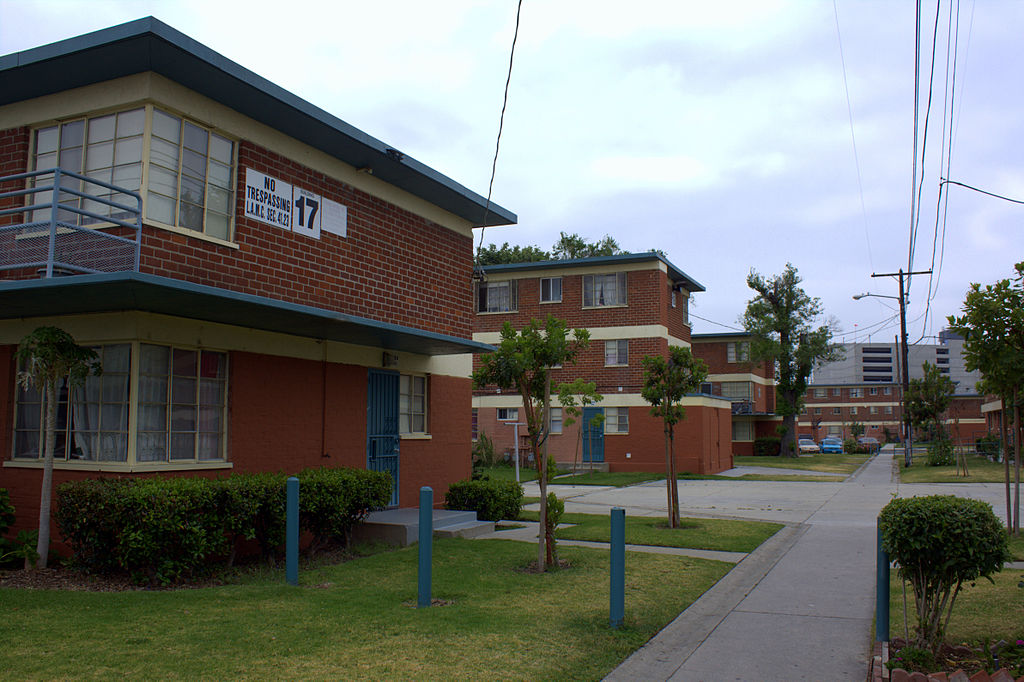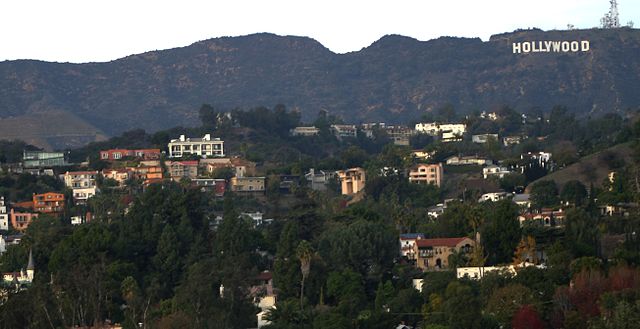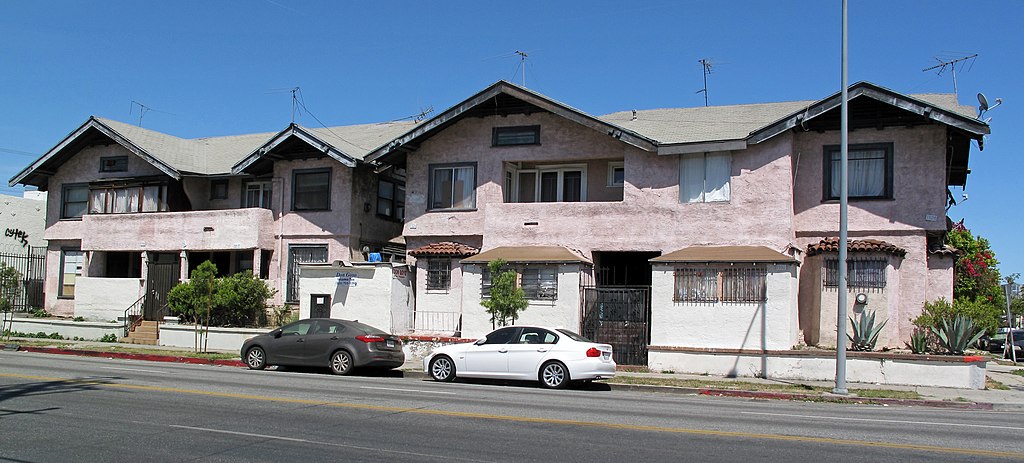
- calendar_month August 29, 2023
- folder Current Real Estate
At the turn of the millennium, a gameshow started to dominate pop culture in the U.S. due to its lofty promises of wild riches. Today, Who Wants to Be a Millionaire could easily be retitled Who Wants to Own a Home in Los Angeles. Sure, it’s not as catchy. But it pretty much equates to the same thing. The Los Angeles Times summed it up as much in their recent opinion piece about million dollar homes becoming the LA norm. For those who already own homes, this isn’t an urgent issue. But for those trying to purchase their first home and the vast renting population of the city, it’s a red flag that demands change.
A Massive City Primarily Zoned as a Suburb
Photo credit: Basil D Soufi
California is facing a housing inventory problem. And, as much as we love our city, Los Angeles is easily one of the worst offenders when it comes to stymying housing development.
Initially, the city of Los Angeles was legally zoned for a population of 10 million people. Yet, the threat of turning tranquil suburbs into fully realized metropolitan areas terrified homeowners.
This fear of dropping home values and blocked horizons offered the perfect environment to grow some counter initiatives. And these initiatives built inertia until the zoning population of 10 million was whittled down to four million. Today, a staggering 78 percent of LA county and 74 percent of the city of LA are strictly zoned for single family homes.
In the Heart of the NIMBY Era
Photo credit: Tedder
The building approval process is complicatedly intricate and, therefore, slow moving. With so much red tape, improving housing inventory in the city is easier said than done. And while everyone in the city pretty much agrees that new housing is desperately needed, no one wants it to disrupt their neighborhood.
Conditions gave rise to the term “NIMBY”… an acronym for “Not In My BackYard”. People know progress is needed. It’s just needed as far away from their single family home as possible. Thus, the million dollar homes you see on the market remain securely anchored with their heavy price tags.
Unfortunately, the problem is self-sustaining. The lack of housing inventory is driving first time homebuyers into the rental market. This drives up rent due to high demand and low inventory. The loop continues until it becomes more affordable to own property than it is to rent. Thus, demand increases for the already limited housing inventory. And while everyone wants a solution, no one wants the solution to be too close to home.
Finding a Way Out of the Maze of Million Dollar Homes
Photo credit: PictorialEvidence
So, how do we as a city find ourselves out of this labyrinth of million dollar homes? There are a variety of great ideas out there, each with their strengths and obvious setbacks.
Zoning Reform
One of the more popular solutions with renters and prospective homeowners is zoning reform. Los Angeles is obviously a city that wants to grow. But with million dollar homes becoming the standard, many lifelong Angelenos are effectively priced out of their hometown.
Zoning reform would promote tearing down single family homes and erecting multi-family buildings in their stead. With this increase in housing units, costs would go down across the board.
However, even if new zoning was to pass this afternoon, it would take considerable time to create the needed housing inventory. Still, it’s better to start climbing from the bottom of the right ladder than remain frozen at the bottom of the wrong one.
Restrictions on Corporate/Foreign Residential Property Investors
Photo credit: Downtowngal
Another popular solution, and one that many single family homeowners support as well, is a ban or restriction on residential property investments for corporate or foreign investors. Putting a limitation on how many properties a corporate entity or foreign investment group can own would keep pricing competitive. It would also provide more business opportunities for Angelenos and keep more money in the city. However, the problem of corporate and foreign investors isn’t a large enough issue yet to significantly reduce the city’s housing inventory challenges.
Vacancy Taxation
Another proposal suggests a lofty tax on properties that are left vacant. Believe it or not, some property owners are just letting their investments rot. We recently got a glimpse of a report from Empty Los Angeles about a 29-unit apartment complex in the ultra-desirable neighborhood of Los Feliz that has allegedly sat vacant for years. A vacancy tax could coerce the owner to get those units back into circulation tout de suite.
These are just some of the more popular suggestions. Others include a ban on subletting including companies like Airbnb, lower property taxes for starter homes, and scalable property taxes for those who own more than one property. Of course, these suggestions sit better with renters and prospective homeowners. Those who already own property aren’t likely to see these solutions as viable.
The One Million Dollar Homes Haven’t Hurt Demand
The truth remains that we are in a city that wants to grow. Its location keeps it in demand. And even as some newcomers balk at the high rents and million dollar homes, demand continues to outstrip supply. With major changes being instituted at the state level, LA will need to make some tough decisions sooner rather than later.




